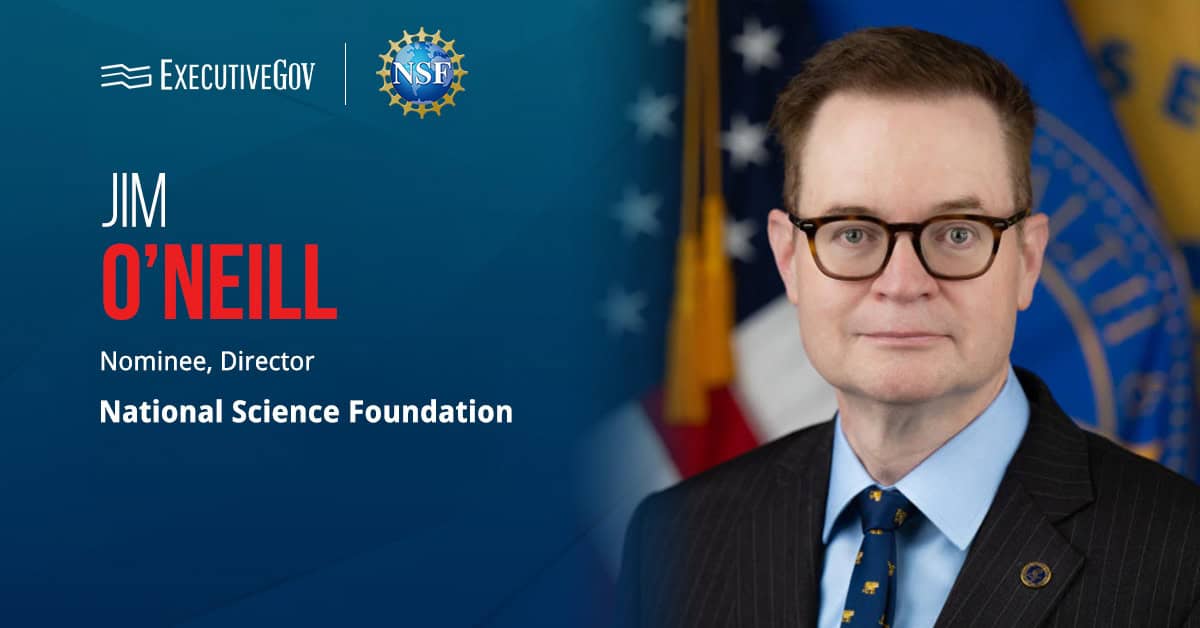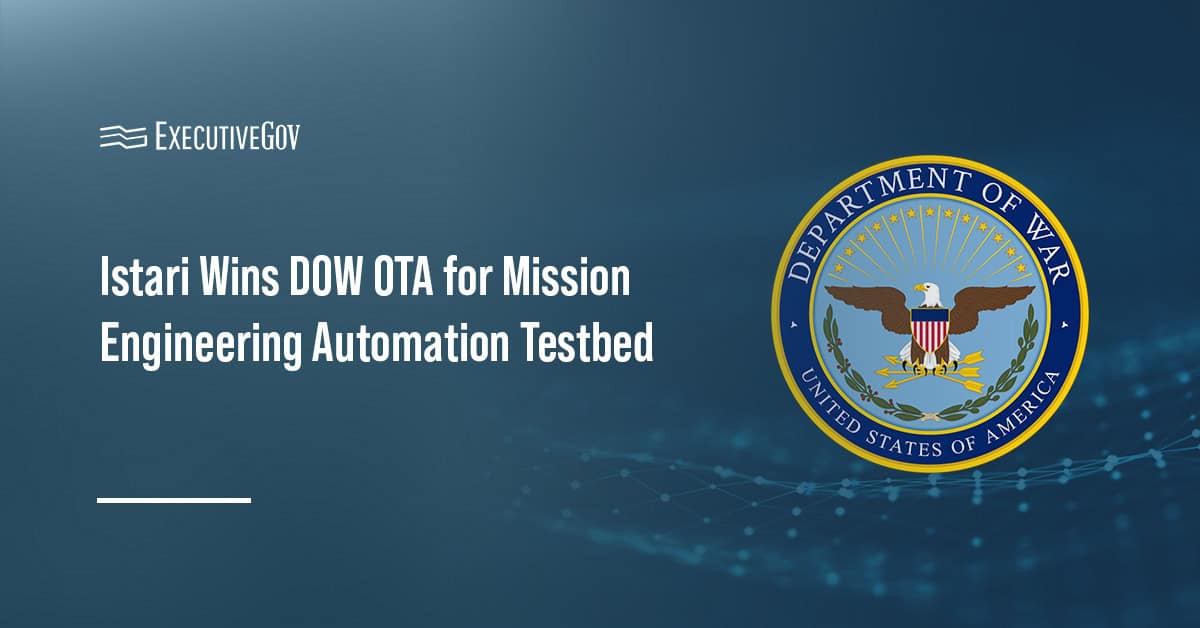 An Avascent analysis of the U.S. Air Force‘s latest budget proposal showed the military branch aims to retire approximately 558 legacy aircraft over the next five fiscal years, Defense News reported Sunday.
An Avascent analysis of the U.S. Air Force‘s latest budget proposal showed the military branch aims to retire approximately 558 legacy aircraft over the next five fiscal years, Defense News reported Sunday.Aaron Mehta writes the Air Force looks to get rid of 232 T-38 trainers, 166 A-10 Warthogs and 160 F-16 fighter jets through FY 2021.
The service branch also proposed to acquire 185 new F-35s, 91 QF-16 target drones and 81 MQ-9 Reaper unmanned aerial systems, Mehta reports.
“The age-old question is whether Congress will allow retirement of legacy aircraft, and not assuming that here,†said Doug Berenson, a managing director at Avascent, according to the report.
“We are assuming, essentially, stability in some of the legacy fleets that the Air Force would like to slim down, simply as a matter of congressional relations,” Berenson added.





